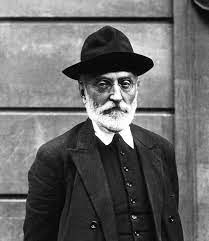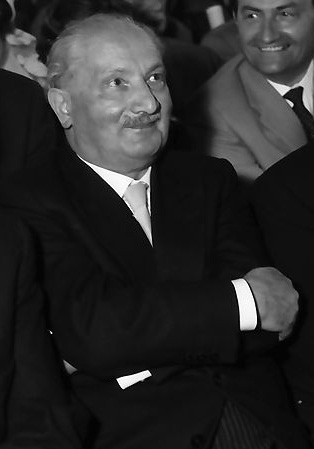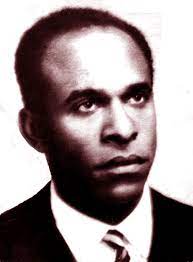Existentialism
- Tina Qin
- Sep 18, 2021
- 2 min read
As surprising as it sounds, existentialism is not a philosophical system. Rather, it is a philosophical movement that emerged in Nineteenth-Century Europe. Its popularity grew in the mid-twentieth century, after World War II’s devastation.

At Eternity's Gate (1890) by Vincent Van Gogh
Existentialist philosophers wrestle with the problems of life that come with being humans. In particular, they are fascinated with the human condition, such as our birth, desire, pain, sickness, emotion, logic, and death. They confront the reality of our mortality in order to live in an awake and honest fashion. Existentialists believe integrating philosophy into life is key to becoming a truly free human being. To do so, they ponder questions like:
Why am I here? What does it mean to be human? What is the nature of freedom? How should I live my life?
Each philosopher answers these questions differently. For instance, Jean-Paul Sartre believes our existence on Earth precedes our essence, as articulated in Is Existentialism a Humanism (1945). As individuals, we can freely create our own purpose. To the suffering we face, Miguel de Unamuno (1864-1936) answers that it necessarily accompanies our consciousness of death in The Tragic Sense of Life (1913). Furthermore, the circumstances in our life, including our suffering, are an integral part of our life. Acknowledging this, José Ortega y Gasset (1883-1955) coined “I am myself and my circumstances” in Meditations on Quixote (1914).
(From left to right: Jean-Paul Satre, Miguel de Unamuno, José Ortega y Gasset, Søren Kierkegaard, Fyodor Dostoyevsky, Friedrich Nietzche, Franz Kafka, Martin Heidegger, Albert Camus, Maurice Merleau-Ponty, Karl Jaspers, Frantz Fanon)
There are countless ways existentialists formulate their own responses to the human condition. I cannot do them justice in this post. If you are interested in exploring more about existentialism, check out: Stanford Encyclopedia of Philosophy, Crashcourse Philosophy episode on Existentialism, videos of The School of Life on various existentialist philosophers
For books, I do not have a comprehensive recommendation but here are the ones I’ve read personally: Myth of Sisyphus by Albert Camus (1942); Fear and Trembling by Søren Kierkegaard (1843); Man’s Search for Meaning by Viktor Frankl (1946).


























Comments